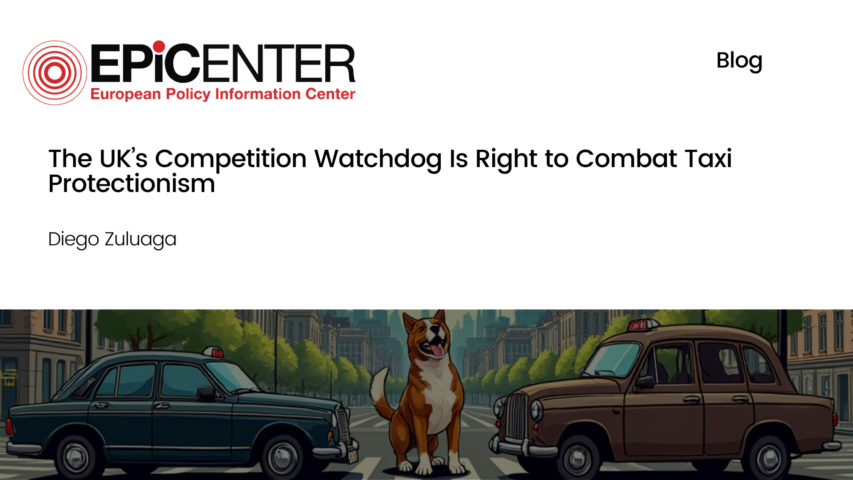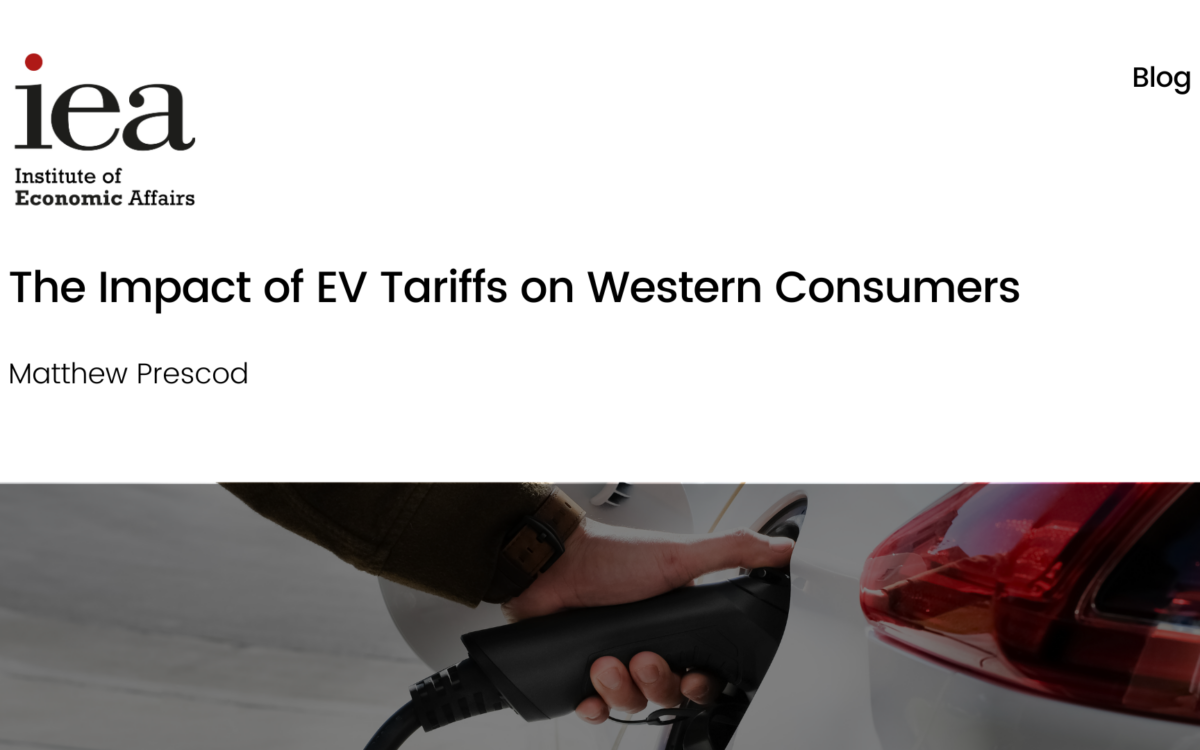The UK’s Competition Watchdog Is Right to Combat Taxi Protectionism

The UK’s Competition Watchdog Is Right to Combat Taxi Protectionism
Diego Zuluaga // 03.12.2015
In a response released yesterday, the UK’s Competition and Markets Authority (CMA) slammed measures proposed by Transport for London (TfL) to regulate private hire vehicles, notably innovative app-based services such as Uber. The CMA unequivocally finds TfL’s proposals, which it is consulting on until later this month, to aim at increasing the regulation of private minicabs, without any discernible benefits to consumers.
Transport for London’s regulatory drive, if implemented, would enact a mandatory five-minute wait time for minicab bookings, meaning that customers would be forced to wait even if a driver was nearby and ready to serve them. There is no readily apparent consumer benefit in this requirement. Indeed, it would almost certainly reduce consumer welfare by preventing users of transport apps from making full use of this technology. No wonder regulators in France struck down a similar provision.
Another new rule would require operators of private hire vehicles to submit any change to their operating models to TfL for their approval. This is an application of the so-called ‘precautionary principle’ that is well-known elsewhere in Europe. And like the precautionary principle in other policy areas, it would slow down innovation without protecting consumers – particularly in a market where technological progress has demonstrably delivered substantial consumer benefits in recent years.
Other proposed regulations – prohibiting displays of available vehicles on phone apps, requiring fares to be specified in advance, banning drivers from working for multiple operators, and forbidding ride-pooling – follow the same pro-incumbent, anti-consumer line. What is more, they are unmistakably aimed at curtailing the disruptive power of minicab apps, notably Uber but also any other new player seeking to enter the market.
Every interest group looking to obtain government protection uses a consumer safety narrative, and the licensed taxi drivers behind TfL’s proposals are no exception. However, the disruptive threat that they face, and the enormously beneficial effects that apps have had on consumer welfare, are so readily apparent that in this case it is easy to see through the bogus arguments. The CMA is right to call TfL out on its misguided regulatory drive.
And it is also correct, at the end of its response, in suggesting a broader review of the current regulatory framework to decide whether the current two-tier, highly regulated system of private passenger transport should be abolished.
EPICENTER publications and contributions from our member think tanks are designed to promote the discussion of economic issues and the role of markets in solving economic and social problems. As with all EPICENTER publications, the views expressed here are those of the author and not EPICENTER or its member think tanks (which have no corporate view).



